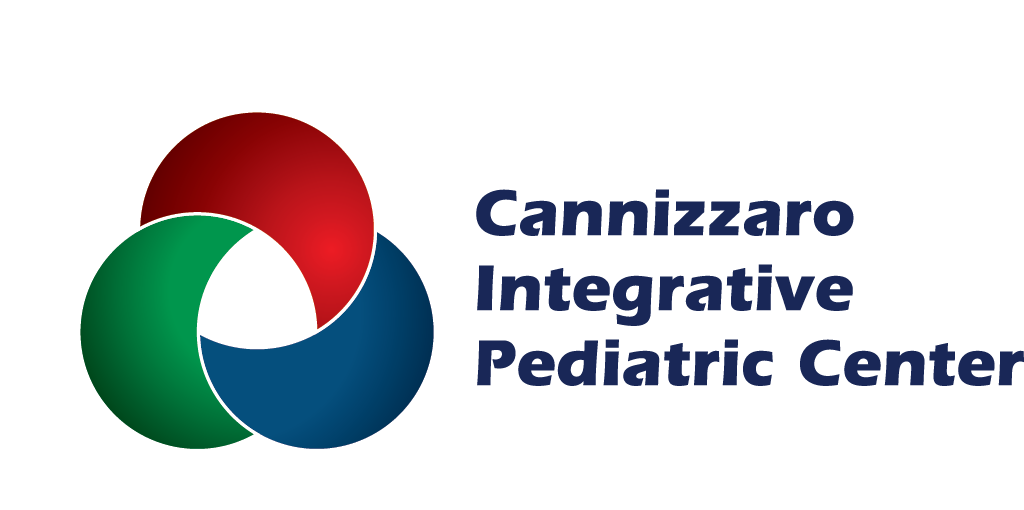
Explore essential tips for infant care in our latest blog post. From parental self-care to emergency room insights, ensure your baby’s wellbeing with expert advice on bonding, safety and health. In this article, our own Dr. Hathaway presents his top tips for the care of infants through their first year of life.
Prioritizing Parental Self-Care
Parental self-care is a crucial yet often overlooked aspect of raising children. In the hustle and bustle of daily life, parents may neglect their own well-being while prioritizing their children’s needs. However, taking the time for self-care is not only beneficial for parents but also for the overall family dynamic. Improved physical health resulting from adequate sleep and self-care activities enhances a parent’s ability to be present, patient and attentive to their children’s needs.
- Make time for yourself and your partner and maintain social contacts.
- Be gracious with yourself and your partner. This is a tiring season that calls for continually adapting your routines as your baby grows and changes.
- Engage in activities that bring you joy and relaxation, such as reading, exercise or hobbies. This can significantly reduce stress levels and contribute to a healthier mental state.
- Have a plan for when your baby is fussy so that you both can keep your composure and deal calmly with the situation.
- This is a messy season of life—don’t sweat the small things. Enjoy your precious baby!
Bonding & Connecting with Your Baby
Bonding with your baby is a fundamental aspect of early care. Forming strong emotional connections with infants has a positive impact on their overall development.
- Engage in physical contact (holding, carrying, rocking) with your baby. Whether it’s during feeding or simply cuddling, this physical closeness releases oxytocin, the “love hormone,” fostering a sense of security for your baby.
- Promptly attend to their needs, whether it’s hunger, discomfort or the need for a diaper change. This responsiveness builds trust and lets your baby know that you are there for them, and they will be less fussy as a result.
- Don’t underestimate the power of play. Engage in activities that stimulate your baby’s senses, such as colorful toys, soft textures and gentle music. This not only enhances their cognitive development but also creates joyful shared experiences.
- Consistent routines, affection and play time are important for healthy neurological and psychological development. Consistency helps your baby feel secure, knowing what to expect.
- Communication is key. While infants may not understand words, they are highly attuned to your voice and facial expressions. Talk and sing or hum to your infant every day.
- Avoid screens until two years of age.
Making a Splash—Safely
As water play is a common activity for infants (especially in Central Florida), water safety becomes a crucial topic for parents. We consulted with two experts and wrote an in-depth article on pool safety, which we highly recommend reading, but here are some top points:
- Always keep young children within arm’s reach when around water—even if they have taken swim classes. If they have clothes on, for instance, it can be very challenging to swim. If they are caught off guard, hit their head or slip and fall, they may still easily drown.
- An alarm on your doors is NOT an adequate replacement for unreachable locks and a pool fence. Why? We tend to assume it’s another adult opening a door when we hear a door alarm, but it could be an older child, and the infant can follow. Secondly, could you hear the alarm if you were in the shower or out getting the mail? It takes VERY little time for a child to drown.
- Be especially cautious when nobody is wearing a swimsuit or there are multiple adults present. These are situations when we tend to put our guard down and children can ironically be at increased risk of drowning.
- Be especially careful if there is alcohol being consumed at a get-together.
Building Blocks for Brain Health
Brain health is a key focus in early infant care. Optimal brain development comes from proper nutrition and stimulating activities. Therefore, human interaction and playtime is hugely important! Resist the temptation of replacing these activities with screen time, which merely “pacifies” the brain.
- Limit or avoid usage of acetaminophen (the active ingredient in Tylenol and many other cough/cold products).
- Supplement with vitamin D and fish oil daily.
- Protect gut health (see below).
- Limit screen time in the first two years of life to interactive video only (meaning that communicating with friends and relatives using screens is OK).
A special note about acetaminophen:
The reason we recommend limiting acetaminophen in the first year of life is due to studies connecting its use with asthma and autism (see the links at the end of this article). That said, administering ibuprofen to children less than six months of age is considered off-label use, though there is not compelling evidence that it has any significant difference in risk for that age. Follow the dosage on the packaging. If you have any additional dosage questions, reach out to your pediatric provider.
Alternative solutions for pain and fever include: belladonna homeopathic remedy, giving the child a tepid bath, putting cool washcloths on the child’s forehead, armpits and back of the neck, dressing the child in lightweight clothing, and diluting peppermint oil and using a few drops on the back of the neck will also create a cooling effect.
Note: A fever in the first six months should be evaluated by your pediatrician, but an infant with fever in the first two months should be evaluated in a pediatric ER.
Gut Health
Gut health plays a crucial role in immune health and overall well-being, and we keep learning more about this all the time! Keeping the immune system balanced early in life makes it less likely that your child will experience allergic or chronic conditions later. We know, for example, that breastfeeding is important to a baby’s immune development. Learn about early breastfeeding from our previous blog article.
- Protect the gut flora: supplement with probiotics (Evivo, FlorastorBaby, FloraBoost, ProbioMax Sb DF, or other newborn probiotics)
- Avoid excessive antibiotics. If they are needed, take probiotics concurrently and for 2 to 4 weeks afterwards.
General Safety Tips for Your Infant
- Put your infant in a car seat facing backwards until two years of age (if possible).
- Prevent falls by always keeping a hand on your baby when on the exam table or changing table.
- Keep small objects (choking hazards) away from your infant.
When to Take Your Baby to the ER
Despite vigilant care, emergencies can happen. Understanding when to seek urgent care ensures timely interventions in critical situations, safeguarding the health and well-being of your infant. These are instances in which going to the emergency room is warranted:
- A fever in the first two months should be evaluated in a pediatric ER
- Repeated vomiting
- Projectile or green vomiting
- Decreased urine output
- Lethargy, floppiness, difficulty waking or feeding
- Irritable, unable to be consoled by holding and feeding
- Significant difficulty breathing (not just nasal congestion) or turning dusky/bluish
- Fall or trauma resulting in the infant not acting normally afterwards
We hope this post has provided you with valuable insights and guidance for early infant care. Enjoy every milestone with your baby!
Resources:
Does Acetaminophen Heighten Risk for Autism or ADHD?
Prenatal and perinatal analgesic exposure and autism: an ecological link
Photo by Nihal Karkala on Unsplash





